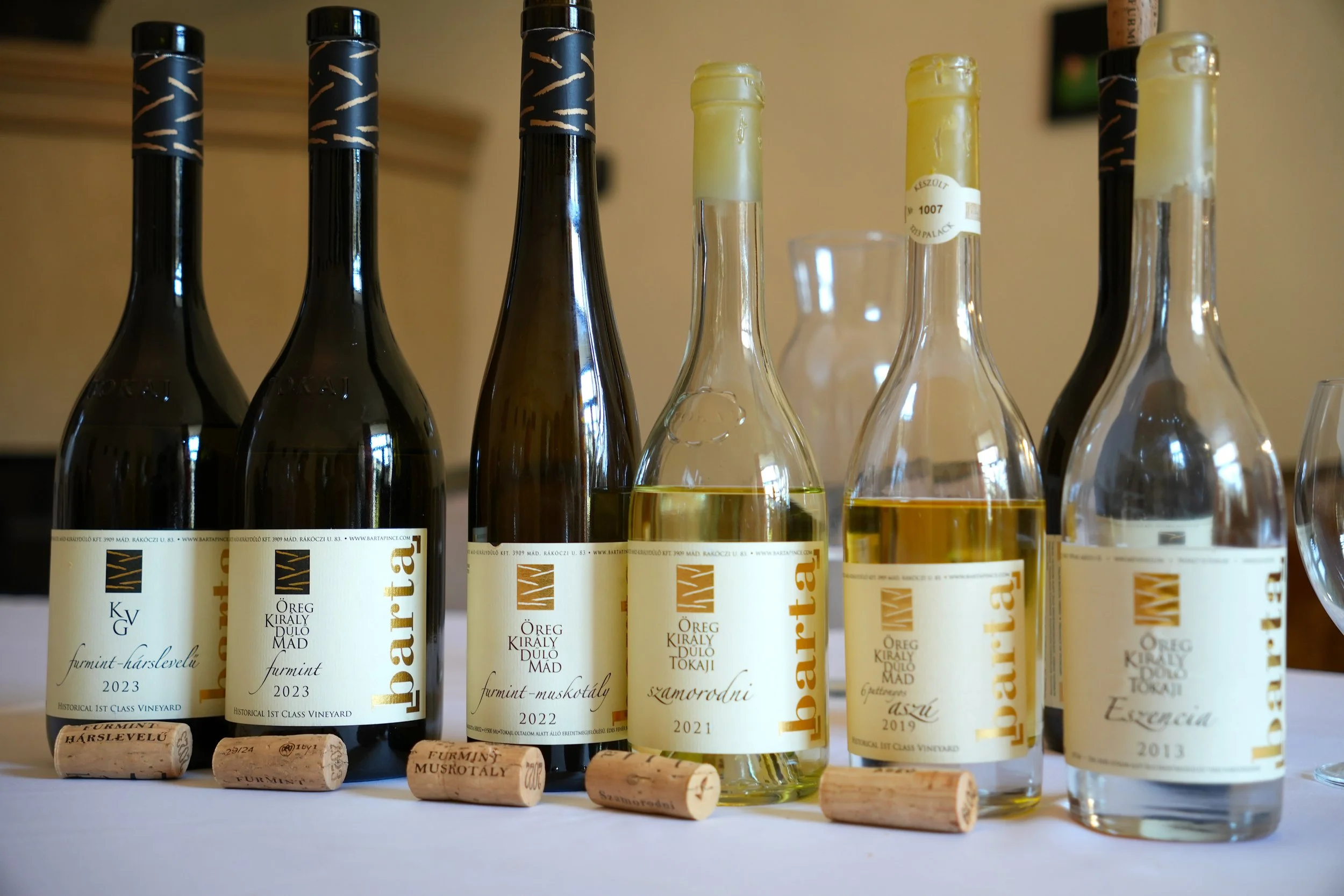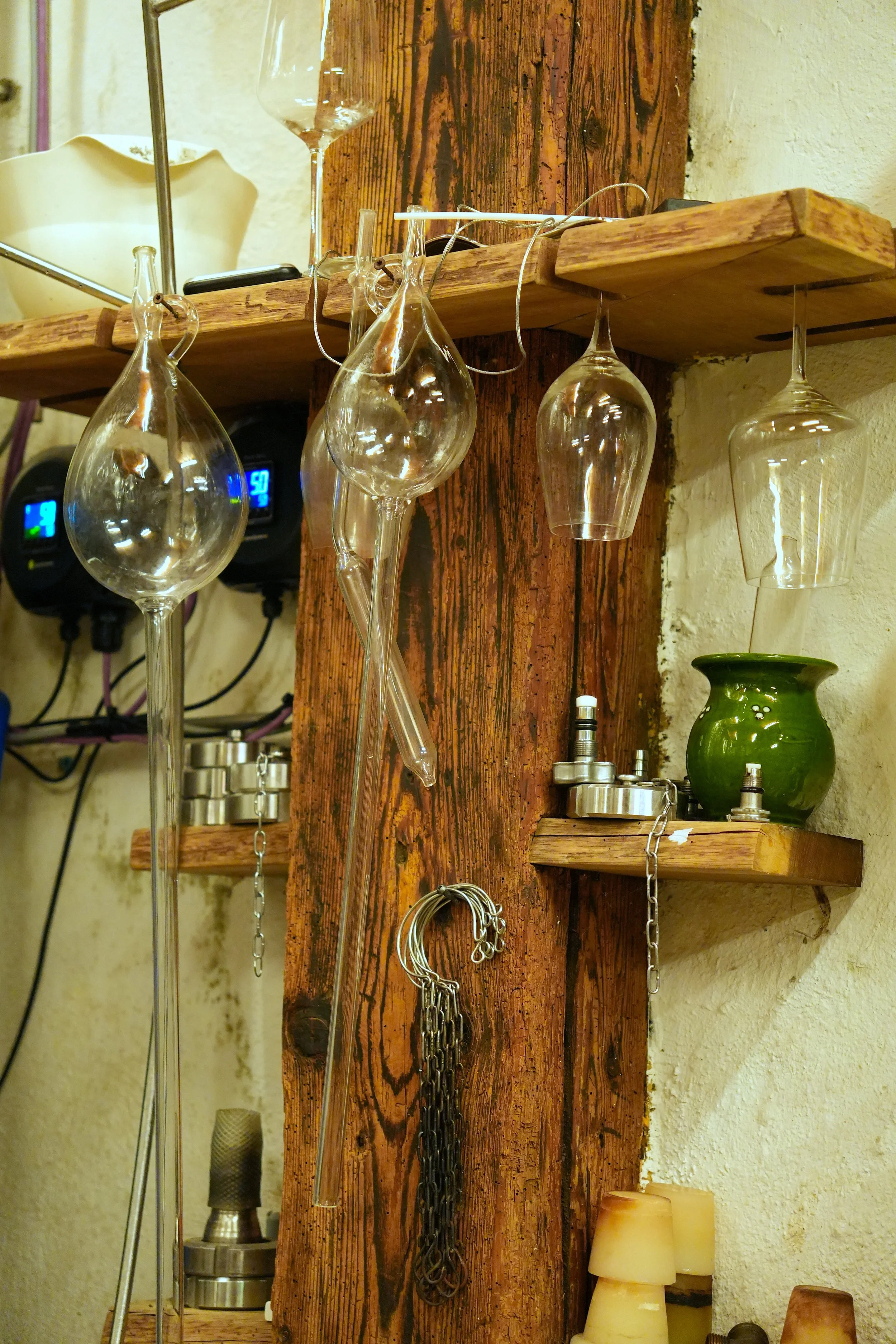In the Land of Liquid Gold: A Chef’s Journey Through Tokaj, Hungary
Tokaj isn't a postcard. It's a wine region that survived being gutted, stripped for parts, and nearly erased. Every bottle here is proof that some traditions are too stubborn to kill.
I landed in Mád, a small village in northeastern Hungary's volcanic hills. Mist. Wet earth. The sharp smell of fermentation cutting through cold air. This isn't just a picturesque countryside; it's a working landscape.
For centuries, Tokaj meant something. European royalty paid fortunes for these wines. Then communism happened. Vineyards got collectivized. Individual care disappeared. Quality collapsed. Generations of knowledge nearly died with the people who carried it.
Tokaji Aszú isn't just a sweet wine. It's what happens when you refuse to compromise.
Grapes infected with botrytis shrivel on the vine. They look rotten, because they are, in the right way. Pickers select individual berries. One by one. Press them carefully. Age them for years. The result: concentrated sweetness cut with sharp acidity, volcanic minerality, and complexity that most wines can't touch.
This wine demands patience. There's no shortcut. No mass production workaround. Either you do it right, or you don't do it at all.
I spent hours in cellars carved into volcanic rock, tasting wines older than most restaurants I've worked in. Talking with winemakers, the connection was immediate. They obsess over details the same way chefs do.
When to pick. How long to ferment. Barrel selection. Aging time. Every decision matters. Screw up one step, and years of work mean nothing.
This isn't about passion or love of craft, though that's part of it. It's about understanding that excellence requires discipline. You can't fake it. You can't rush it. The work either respects the process or it fails.
I travel to understand how place shapes what we eat and drink. Tokaj wine country is a direct lesson in how geography, history, and human stubbornness create flavour.
The volcanic soil. The microclimate. The people who refused to let their knowledge die during decades of oppression. All of it ends up in the glass.
For anyone serious about food or wine, this region shows you what's possible when you commit to doing something properly, even when the world tries to stop you.
The Hungarian wine scene deserves more attention than it gets. Tokaj especially. If you're planning a trip and want actual recommendations, not tourist traps, I can help point you to vineyards and cellars worth your time.
Want vineyard recommendations or insight into visiting Tokaj? Reach out. I'll share what I learned from spending time in the cellars and talking to the people making these wines.






